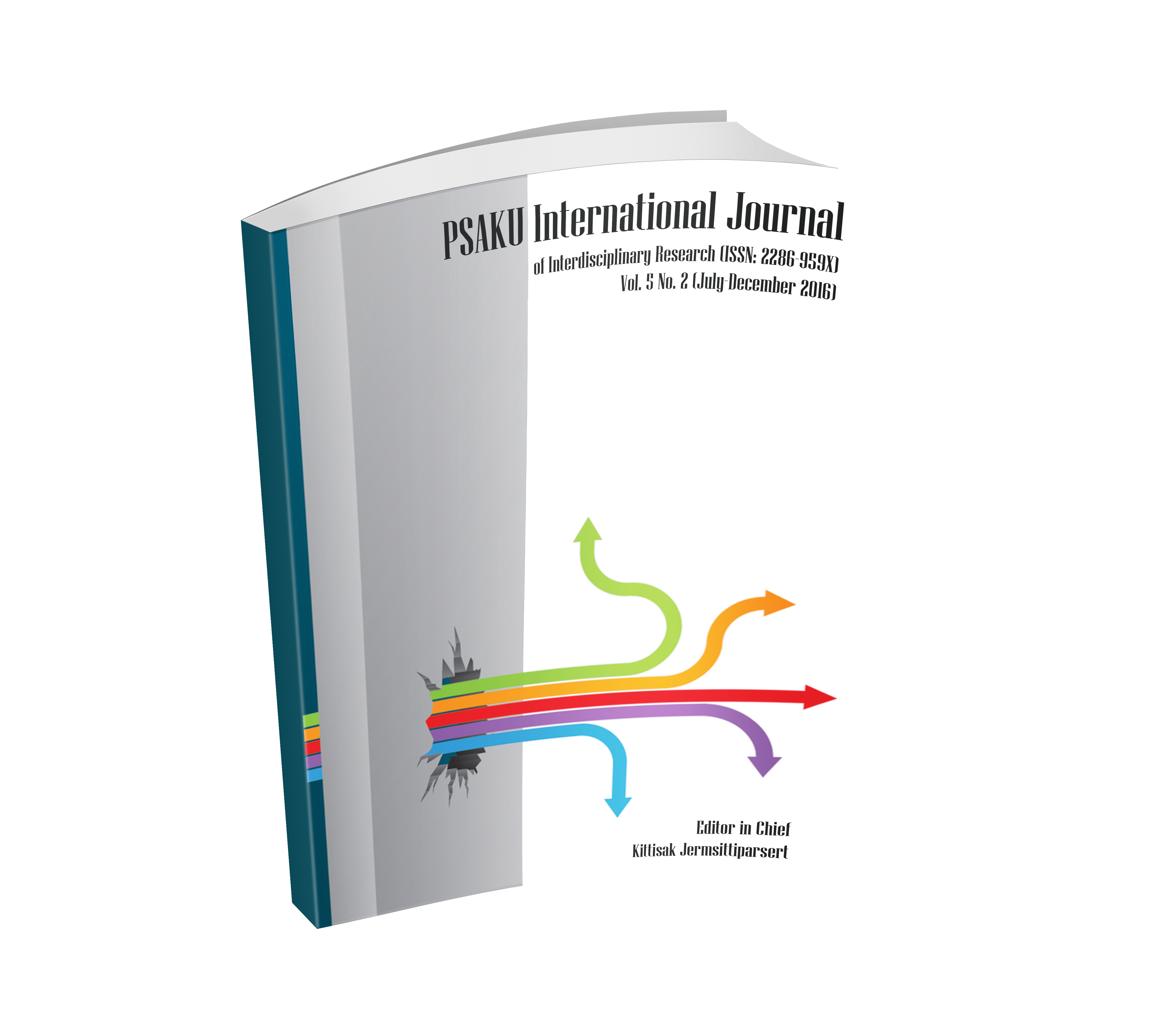Thai Trade Competition Act 1999: Challenges and Recommendations to the Law Reform
Keywords:
Thailand, Competition Law, Law ReformAbstract
Trade Competition Act 1999 is an important tool, which is used to monitor business conducts and prevented anti-competitive behaviors. It is like the ‘rule of the game’ aiming to create level-playing field and fair competition in the market. In some jurisdiction, competition law is regarded as economic constitution. However, the Trade Competition Act cannot play an important role as an economic constitution like other jurisdictions because there are a variety of challenges in the context of interpretation, application and enforcement of this act. A controversial exemption of state enterprises under the law on budgetary procedure from the application of this act, a vagueness in the interpretation of the definition "business operation" and an equivocality of the right to exercise extraterritorial application are considered the problems in this act. While there is some inappropriateness in some main prohibitions, for example too high burden of proof of Section 29 to be the catch-all-provision and imposing imprisonment sanction to some provisions is still debatable about its appropriateness, the enforcement mechanism is widely criticized about its ineffectiveness. There are many constraints found in both competition authority and commission. No leniency program facilitating the enforcement of cartels as well as the lack of human and financial resources are factors affecting the enforcement of competition law in Thailand.Regarding the commission, an inability of the commission to work full time and too many representatives from private sectors are challenges that Thailand is required to overcome; otherwise, the competition law will be far behind from achieving its goals.
Downloads












.png)


